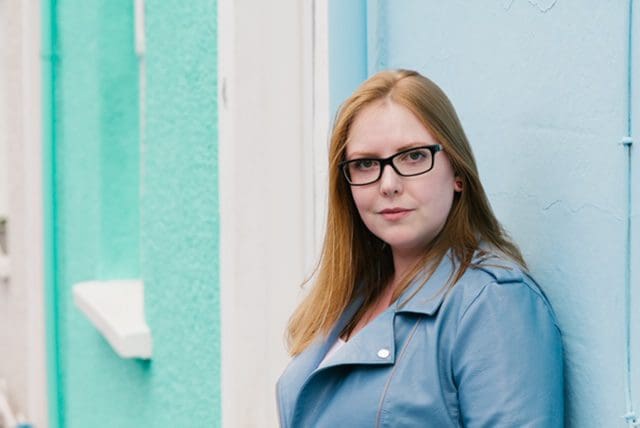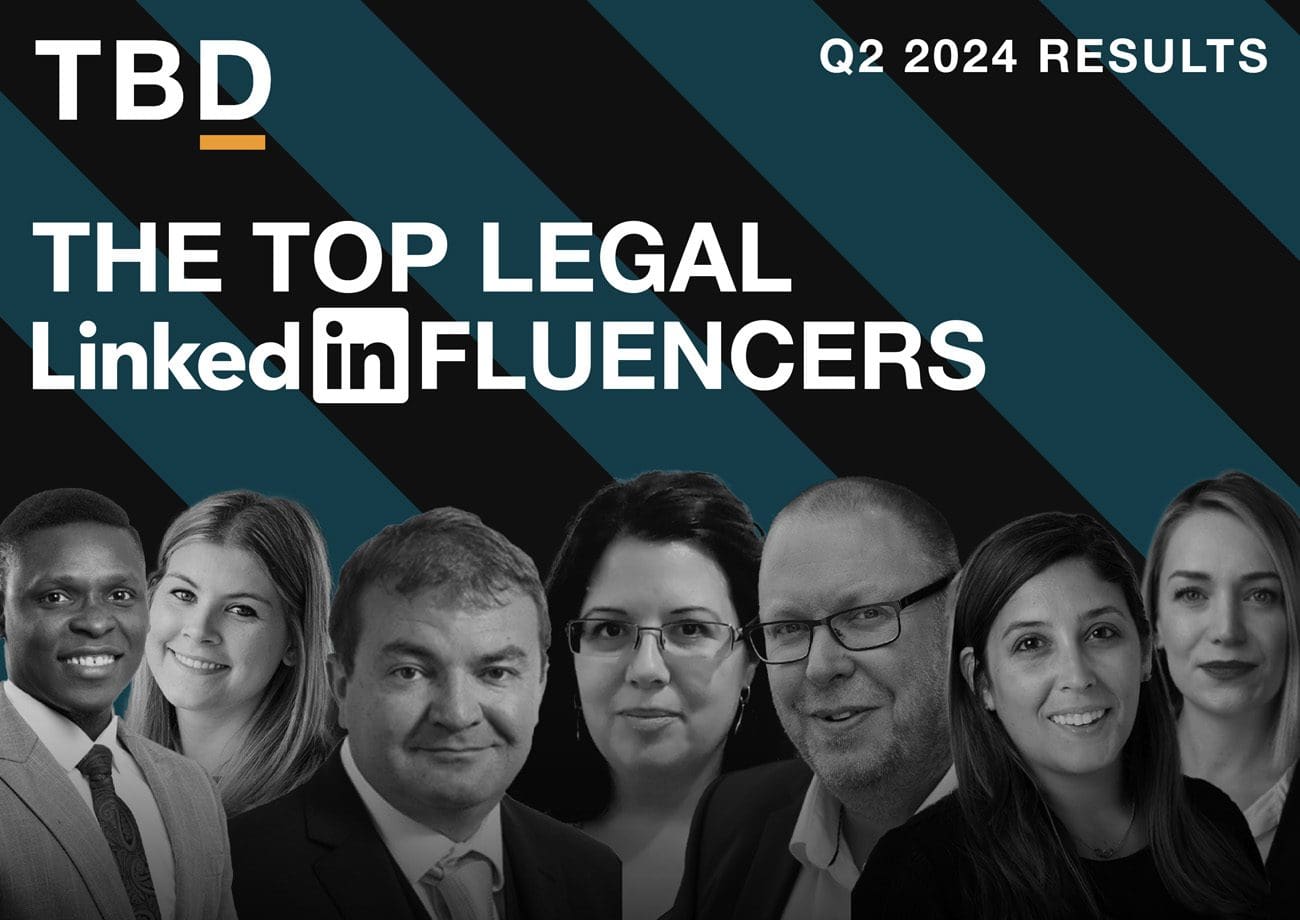Leah Steele, a self-confessed reformed stress addict, talks about the importance of setting boundaries
I stumbled across Leah on LinkedIn when one of her posts really grabbed my attention. A quick Google search threw up her website Searching for Serenity. I quickly fell down a rabbit hole and spent my lunchtime reading her blog. I could personally relate to a lot of what she was writing about and was intrigued enough to ask her to meet me for a coffee, so I could find out more about exactly what it is she does. SM: Can you explain what you do in under 20 words? LS: I mentor and train professionals who are exhausted, overwhelmed, and burning out. I help them love life and work again. SM: I think you might be the first person to have done that so confidently. Now we have an idea of what you do, tell me a bit more about it, who you work with, and how you help. LS: I’m a former lawyer, but I work with any professional or aspiring professional who feels that my blogs and videos resonate with them. Past clients have included lawyers, medical professionals, teachers, students, business analysts, tech and design professionals. For the most part I work with women who have been in their careers for 10+ years, who love what they do but are slowly drowning under the Shoulds, Ought-Tos, administration, and other bullshit. My clients learn not to take themselves and their work quite so seriously; a group of them now call themselves ‘rockstar unicorns’. My favourite clients have a dark and sharp sense of humour, just like me. We might be talking about difficult topics, but we have an uproarious amount of fun doing it. SM: How did you end up helping women beat burnout? LS: I started my very first job at 13 years old: preparing documents for microfilm! I remember one of the managers chiding me for working through my break, with the words “don’t do that, no-one here appreciates it”. Looking back, it feels like eerie foreshadowing of many of the people pleasing, overachieving behaviours I deal with now. From there I got a few big breaks, including the associate who helped me develop my specialism in law and the partner who I convinced to help me qualify. I spent a decade of working 70+ hour weeks to progress and gain recognition and respect, without stopping for breath. My resilience waned and I started isolating myself from my friends and family, to the point that my health collapsed. Since then, I’ve rebuilt my personal and professional life from the ground up. SM: Can you tell me more about what you’re currently working on? LS: I move quickly in my business and rarely advertise a product or service for more than two weeks. That’s how I’ve launched dozens of home study courses in the past three years. Currently, I’m inviting new members of my monthly membership programme The Resilience Academy, which blends home study, live (online) training, a Netflix style array of past trainings to dip into and 1:1 support. It costs less than £1.25 a day and is insanely good value for anyone who feels that my message resonates with them. I’ve also just written a book on how to identify, manage, and reverse burnout, which will be published on 1 August. You can order your copy here. SM: Reading your website, it’s clear that you’ve learned from some of the mistakes you’ve made, but which one taught you the biggest lesson? LS: My biggest regret is working 50+ hours in 4 days, thinking I’d take the Friday as holiday to do Christmas shopping, relax and recharge before calling my mum. That Friday night the police knocked at the door. My mum died that morning. SM: I’m so sorry to hear that that must be crap. I had more warning before losing my dad as he had cancer so I spent a lot of time with him. I have to say Osborne Clarke was really supportive of me doing so. SM: Do you think the business world is finally starting to wake up to the importance of mental health and wellbeing? LS: My concern is that it’s being approached in such a superficial, tick box way. Firms and companies think having one or two mental health first aid trained individuals is going to cut it, but we need more than signposting and shovelling off issues. We need a wholesale change in the way we view work and life, and integrating the two in a supportive and healthy way. There is more of a conversation about mental health, but in the professional world, I think it is still a taboo. SM: Does that tie in with the biggest challenges you face in your own business? LS: Somewhat. It’s about helping people get over the fear that they shouldn’t need help. Ego also has a lot to answer for, for a lot of people. Much as I want mental health and resilience to be open topics, there are plenty of my clients who are scared of their colleagues finding out. It goes without saying that no matter how glittery the title, my clients are as anonymous as they choose. SM: What can older business people learn from younger business people? And vice versa? LS: I’ve so many brilliant stories of working with older lawyers and my biggest take away has to be the pace. We might be constantly connected, but more established lawyers have learned to work at their own pace and not be at the mercy of every client with ‘an urgent issue’. The market has opened up greatly even in the time I’ve been working, and adopting new technology and new ways of delivering what the client wants in a way that works with the employee’s life? It’s an untapped goldmine still. SM: And finally, what gives you the greatest buzz? LS: That moment when my client calls me to tell me that they had a problem…. and how they resolved it and are celebrating! The day I do myself out of a job I’ll be a very happy woman. And that’s it, our coffee break is over and Leah is off to share her wisdom with another professional struggling with burnout. Reflecting on our quick chat, I’d say that:
- Leah wants Searching for Serenity to give women the opportunity to pause and take back control of their personal and professional lives
- Our egos often prevent us from asking for the help we desperately need
- If employers treat mental health as a tick box exercise, the real problems will only be buried even deeper
- Setting and respecting boundaries is the key to work-life balance.
Leah in a nutshell
She’ll no longer sacrifice anything for her core values: time, space, and laughter. She uses the sale of her jewellery to support her local food bank (you can buy some here), and has plans to grow more support for women’s charities. If that’s not enough, she also dreams of being an ethical landlord, so she can provide long term, secure, affordable lets to the people of Bristol. Her partner and closest friends are her biggest cheerleaders. You can find Leah on Facebook, Twitter, and LinkedIn.
Like this article? Sign up for the TBD newsletter.







